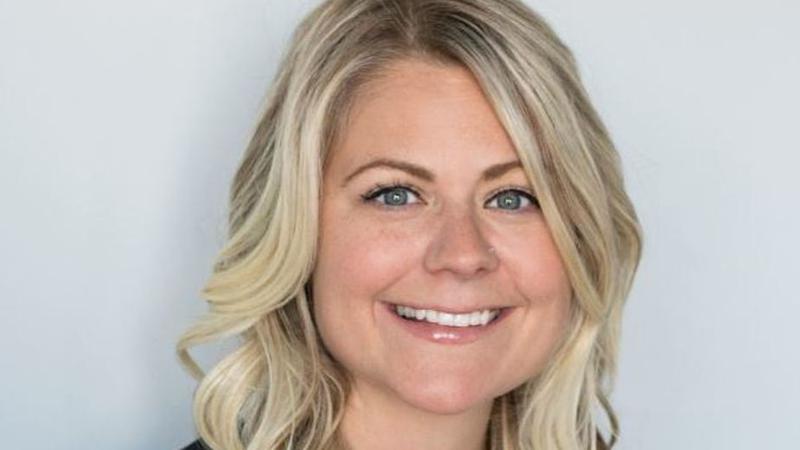
Prioritizing Debt After Graduation
Many students are just finishing up their final year of study. Many important life decisions are made after graduation. This is the time that new graduates are deciding what job they want to take, where they want to live, and what they want their future to look like. Another big decision that many students will also inevitably have to make is how or when to repay student loans. Many students have also opened other credit facilities and have more than just their student loans to pay off.
It is important to know how to prioritize repayment of debt. Below are some helpful tips:
1. Always make your minimum payments. As you take on new financial responsibilities, building and maintaining good credit is very important. That’s why you should always pay at least the minimum payment on your debts. Make more than the minimum payments whenever you can. This will not only help you pay your debts faster, but you will also save on interest charges over time.
2. Pay off high-interest debt first. Whether it’s a student loan, a bank loan or a credit card, juggling multiple debts can feel overwhelming. One way to alleviate some of this stress is by focusing on your highest interest debts first, also known as the debt avalanche method. While still making the minimum payments on your other debts, take any extra income or money you have, from graduation gifts, or tax refunds, and put it towards your highest interest loan. Doing so will minimize the total amount of time it takes to get out of debt since interest won’t accumulate as quickly.


